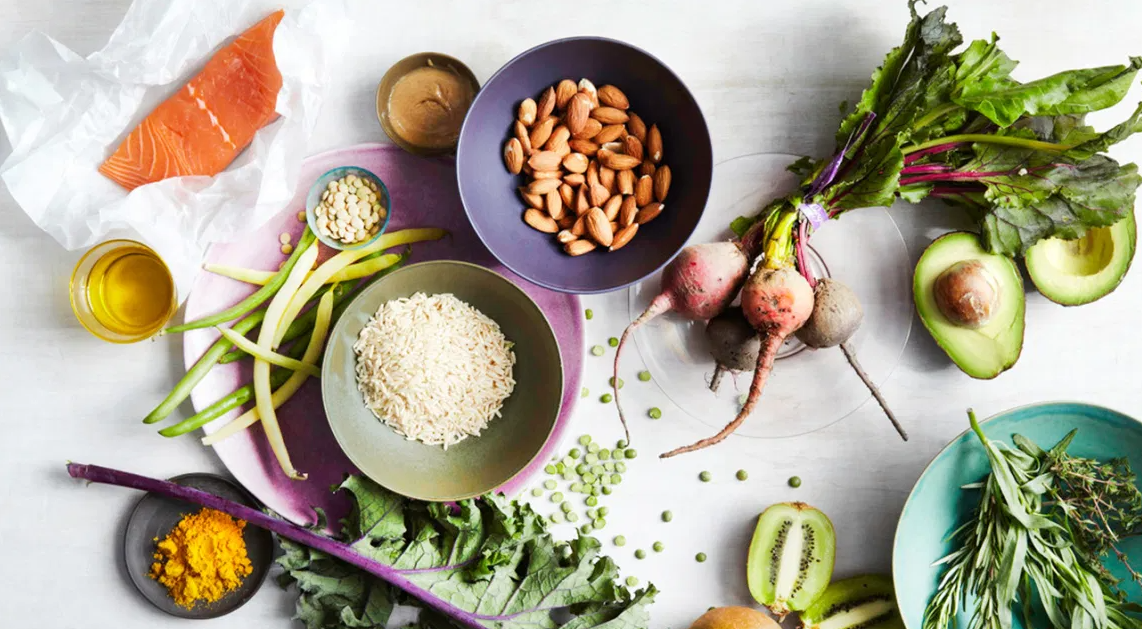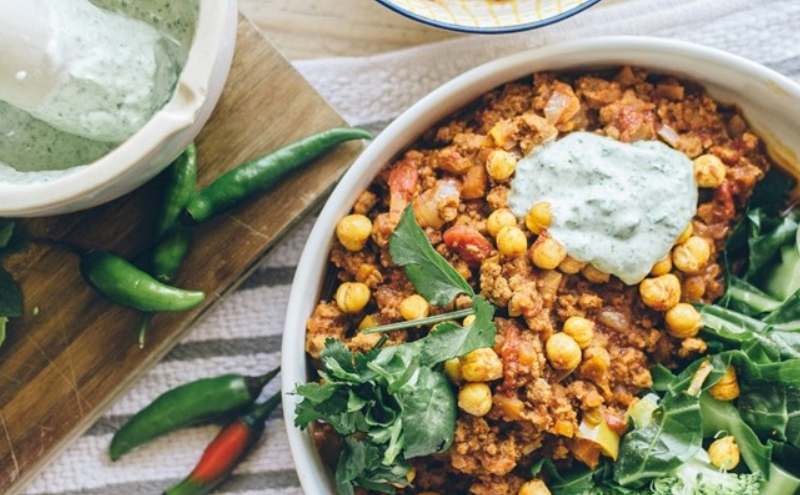Understanding healthy foods to eat takes a little bit of work. It is not enough to randomly guess which food items you should select and in what quantity. You need to know what specific components of food you need to select. You also need to select them in the right amount. On the most basic of scientific levels, healthy foods to eat only fall into three categories: carbohydrates, protein, and fat. How much of these items you eat and what percentage of your daily diet you eat of such foods per day is important to examine.
First, no matter what diet your kids eat, you need to be sure they eat a diet free of processed food. Processed food contains lots of refined sugar and saturated fat. That means lots of calories and next to zero nutritional value. Stick with fresh foods loaded with fiber, vitamins, and minerals along with other nutrients. Such foods will assuredly provide the nutritional needs a child’s diet must comprise of.
It is also necessary to examine the PH balance of a diet when examining healthy foods to eat. The human body should not consume foods that exceed 20% acidity levels. When we purchase foods for ourselves and our children, we do not even come close to these levels. Sometimes, we ingest a diet that can be well over 60% acidity which can prove to be disastrous. Often, it will set the stage for developing immune system problems, obesity, and, potentially, diabetes. That is why it is best to provide your kids with fruits and vegetables on a daily basis. Such foods will aid in maintain the proper PH levels and restore health and harmony to the body.
But, aren’t fruits and vegetables carbohydrates? Aren’t carbs problematic?
Now, the issue eating carbohydrates (40% of a daily diet) may prove confusing to some. Are not carbs the main culprit of obesity? The answer to this is “yes and no.” Natural carbohydrates are lower in calories and do not raise insulin levels as processed carbohydrates can. As such, natural carbs (Fruits, vegetables, nuts, etc) will not contribute to obesity, surely to say they are excellent nutrients providers to your kids diet.
Of course, carbs also need to be balanced out by proteins and fats. Fats should be kept to 20% of your daily diet since they can be problematic in excess.
The high amount of protein (40%) is required because proteins are low in calories and they also provide the building blocks for the development of lean muscle mass, most important for kids because there body consistency evolve. Lean muscle provides physical stress which aids in the reduction of errant injuries. Also, lean muscle mass speeds up the metabolism which reduced body fat percentage levels.



